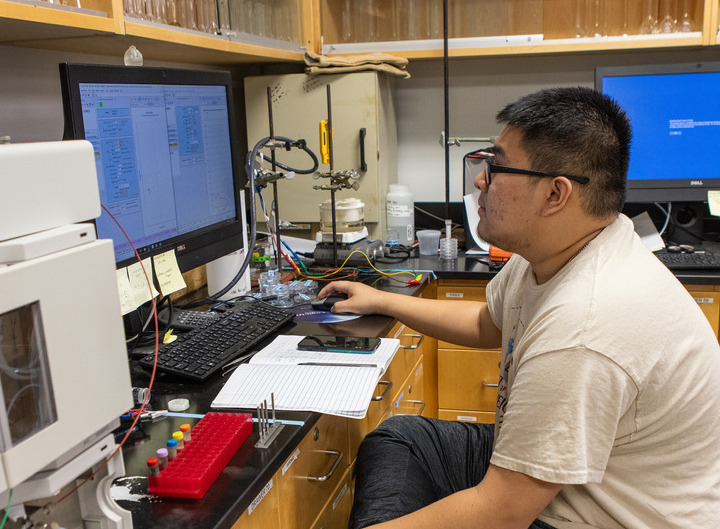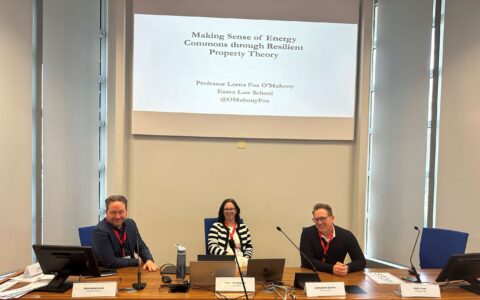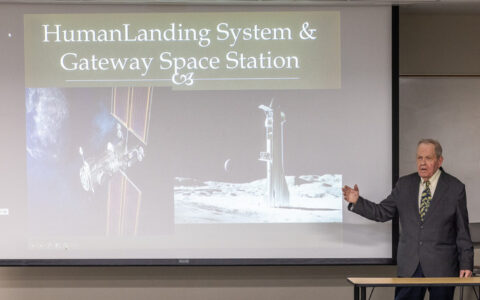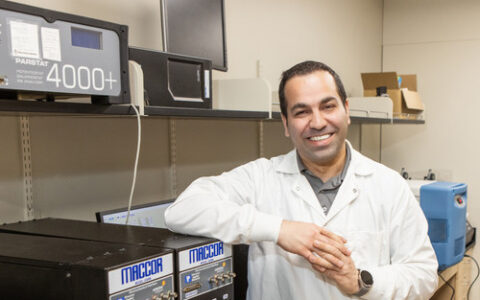Gain fundamental knowledge in chemistry, physics, mathematics, and engineering and learn to apply scientific innovations to improve the quality of life.
The structure of our programs encourages critical thinking about engineering design problems while considering the fundamentals of engineering and science across many industrial areas. You will gain rich training in unique skills and learn to solve industrial problems through progressive coursework, rigorous design projects, and optional research.
From research projects to a more theoretical understanding of this broad discipline, our faculty will help you explore key aspects of chemistry, physics, mathematics, and engineering to inform solutions at the frontiers of technological innovation. Our state-of-the-art experimental facilities and teaching laboratories are built around industrial models, allowing you to experience practical scenarios of professional engineering.













